Hey there, friend! Ever wondered what’s up with all the buzz about organic farming and what is the future of Organic Farming in India? Well, buckle up because we’re about to take a little journey into the future of farming, and trust me, it’s exciting!
So, right now, most farmers in India use lots of chemicals and stuff to grow our food. But guess what? That’s causing some big problems like making the soil not-so-happy, messing with our water, and even affecting our health. Yikes!
Now, enter the superhero – organic farming! It’s like a cool, eco-friendly way of growing food. People are really into it because they want veggies and fruits that aren’t pumped full of chemicals. And who wouldn’t, right? It’s not just about what happens in the fields; it’s about the ripple effect that reaches our homes, communities, and even the economy.
Oh, and let’s not forget about how organic farming is like a superhero for our planet. It’s like saying, “Hey Earth, we care about you!” By not using all those yucky chemicals, we’re keeping our soil happy, making sure our water stays clean, and helping out all those little bugs and animals that live on farms.
Let’s focus on the superheroes on our plates – the organic fruits and veggies. When you choose organic, you’re not just getting a tomato; you’re getting a tomato that’s been grown with care, without harmful chemicals. It’s like having a meal that’s not just tasty but also a powerhouse of goodness. Organic produce is packed with nutrients, and studies even suggest that they might have higher levels of antioxidants, making them the real MVPs of our diets.
Now, think about the environment. Organic farming is like the Earth’s personal trainer, keeping it fit and healthy. Without all those synthetic chemicals, the soil retains its natural fertility, making it a happy home for plants. It’s like giving the land a spa day, letting it breathe and rejuvenate. Plus, by steering clear of chemical fertilizers, organic farming helps reduce water pollution, ensuring that our rivers and lakes stay clean and vibrant.
But wait, there’s more! Organic farming is a biodiversity booster. It’s like inviting a whole bunch of friends to the party – beneficial insects, birds, and even the friendly neighborhood earthworms. These critters help keep pests in check and maintain a balanced ecosystem on the farm. It’s a win-win for everyone involved.
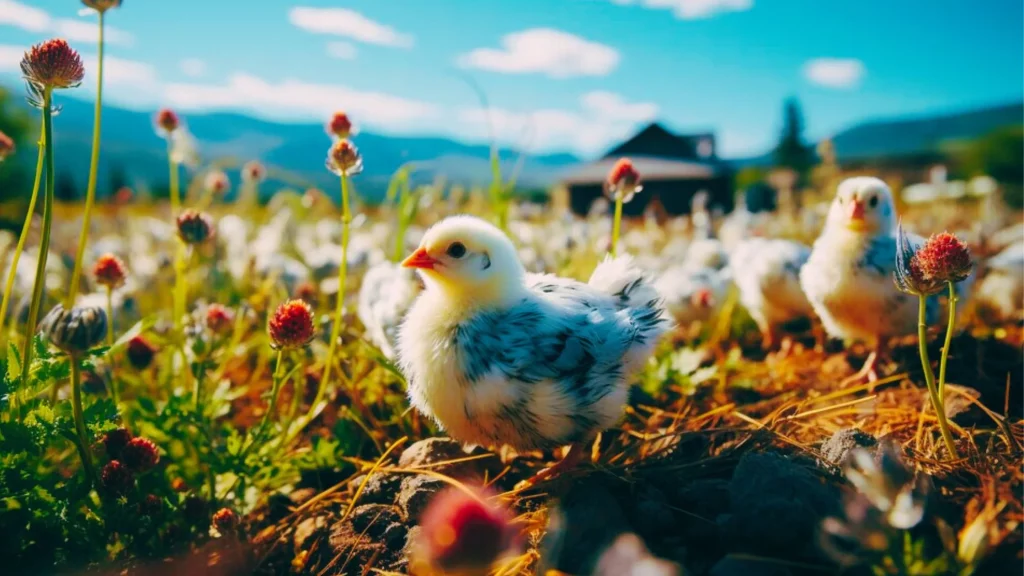
And let us not forget about the farmers. Organic farming isn’t just about what happens on the surface; it’s about creating a sustainable livelihood for those who work the land. When farmers go organic, they often find themselves spending less on expensive chemicals and more on building healthy soil. It’s like a financial makeover, allowing them to invest in the long-term health of their farms.
Now, let’s talk about the superhero certificates – organic certifications, to be precise. When you see that little “organic” label on your food, it’s like a stamp of approval, a guarantee that your veggies are free from harmful chemicals. Farmers are embracing these certifications because it’s not just about growing food; it’s about building trust with consumers who want to make informed and healthy choices.
And here’s a fun twist – organic farming is also getting a makeover in urban areas. Imagine rooftop gardens, community farms, and even vertical farms in the heart of the city. It’s like bringing the farm to your doorstep. Urban organic farming is not just a trend; it’s a way for city dwellers to connect with the roots of their food, quite literally.
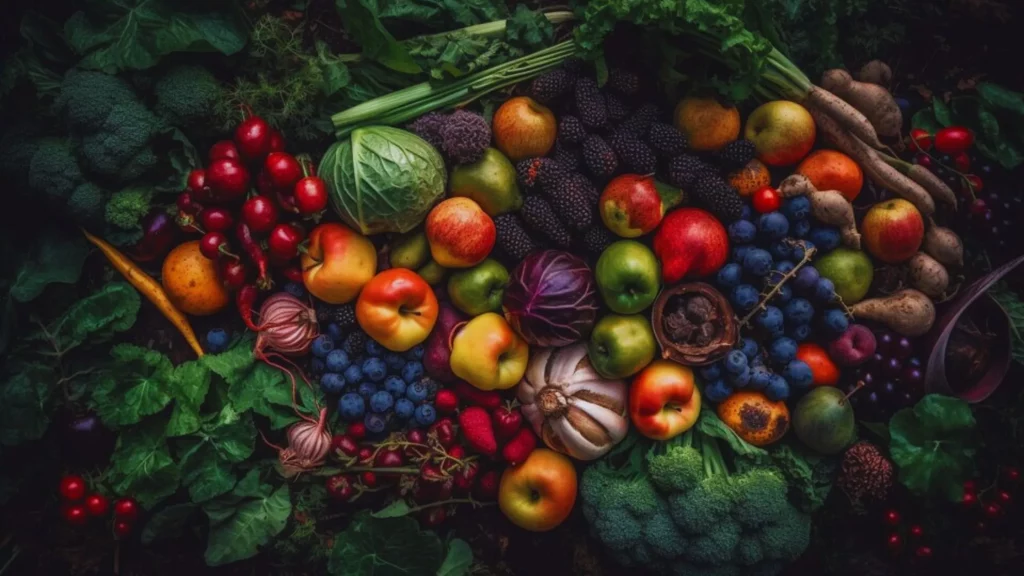
And here’s the really cool part – as more farmers join the organic movement, it creates a domino effect. The demand for organic produce grows, opening up new opportunities for farmers and businesses alike. It’s like a green economy in action, where everyone benefits from the shift towards sustainability.
Our government is totally on board too. They’ve got plans like PKVY (Paramparagat Krishi Vikas Yojana) and NPOP (National Programme for Organic Production), which are like big high-fives to farmers who want to go organic. They’re helping out with money, teaching cool organic tricks, and even giving fancy certificates to show everyone, “Hey, my farm is all-natural and awesome!”
But, hold on a sec – it’s not all smooth sailing. Some farmers are a bit scared to switch from the old chemical ways to this new organic thing. It’s like changing your favorite game – you’re not sure if it’ll be as fun. And sometimes, during this switch, they might get a bit less crop than usual. That’s a bummer, right?
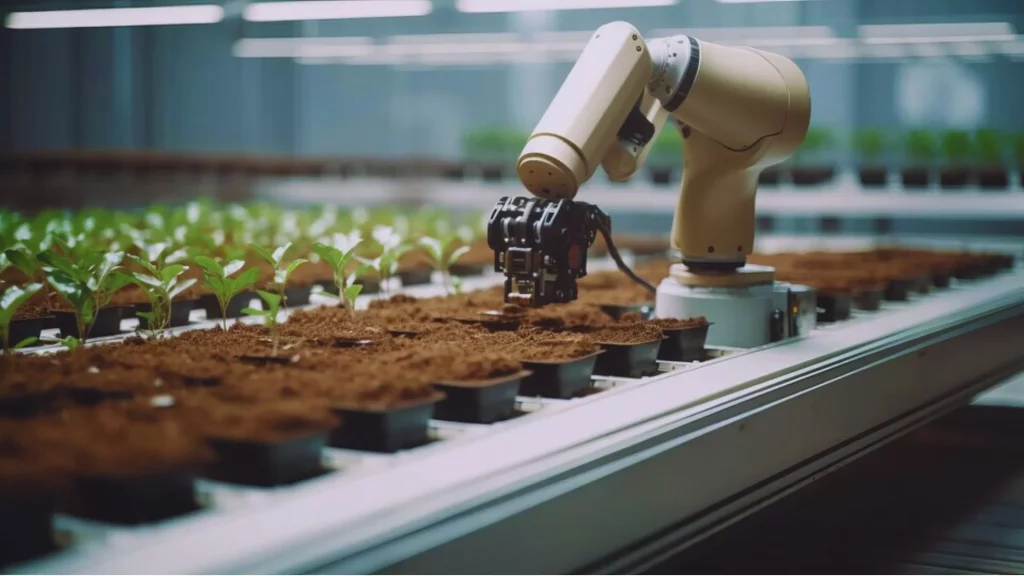
Here’s where tech comes to the rescue! Imagine farmers using super-smart gadgets and computers to grow their crops better. It’s like turning farming into a game with cheat codes – making sure the plants get just what they need to grow big and strong. Pretty cool, huh?
Now, let’s explore some exciting developments and innovations that are propelling organic farming into a new era. It’s like giving our superhero a shiny new suit with all the latest gadgets!
One of the game-changers in organic farming is technology. Imagine farmers equipped with sensors, drones, and smart irrigation systems. It’s like turning the farm into a high-tech command center. These innovations help farmers monitor their crops in real time, ensuring they get just the right amount of water, nutrients, and protection from pests. It’s not just farming; it’s precision farming – making every drop of water and every bit of sunlight count.
Another exciting trend is the rise of organic farming communities. It’s like joining a club of like-minded individuals who are passionate about sustainable agriculture. Farmers, consumers, and even businesses are coming together to support and promote organic practices. It’s a movement that goes beyond the farm gates, creating a network of people who believe in the power of organic farming to shape a better future.
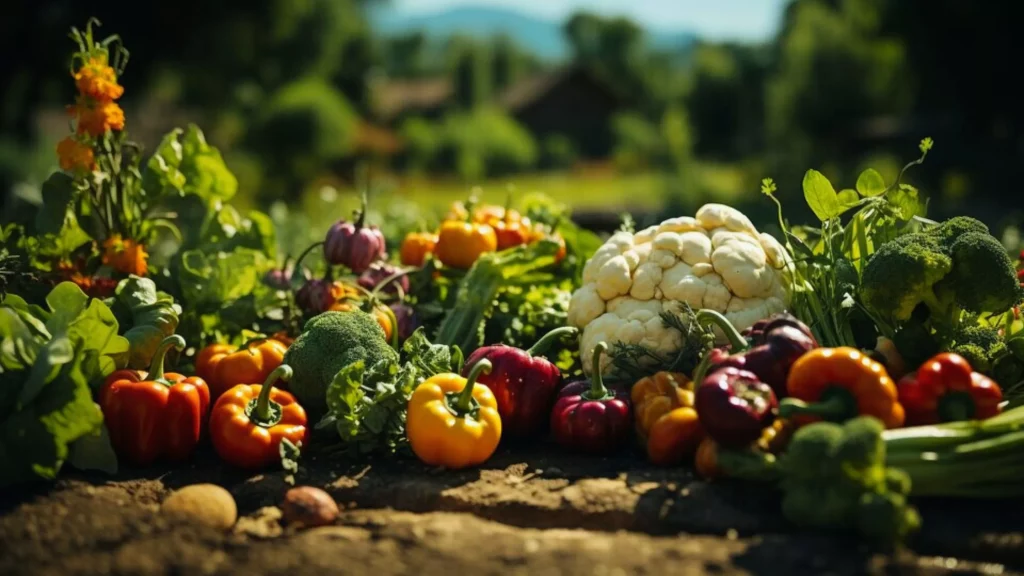
Now, let’s address the elephant in the room – the misconceptions about organic farming. Some people think it’s just for the elite, that organic food is too expensive. But guess what? That gap is closing. As more farmers adopt organic practices and technology streamlines the process, the costs are becoming more reasonable. It’s like making organic goodness accessible to everyone, not just a select few.
So, as we look ahead, the future of organic farming in India is a canvas waiting to be painted with green strokes of innovation, community, and sustainability. It’s not a one-size-fits-all scenario; it’s a dynamic landscape where each farmer, consumer, and technology plays a crucial role in shaping the narrative.
The journey towards a more organic India isn’t without its challenges, but it’s the collective effort, the shared vision, and the constant push for improvement that make it an adventure worth undertaking. So, whether you’re a farmer embracing new methods, a consumer choosing organic, or a tech enthusiast developing the next big thing for agriculture – you’re part of the story, the story of a greener, healthier, and more sustainable tomorrow. Exciting, isn’t it?
And, as we look to the future of organic farming in India, it’s not just about individual choices; it’s about recognizing the collective impact of those choices. It’s about understanding that the food on our plates is connected to the health of our planet and the well-being of those who work in the fields. The superheroes of organic farming aren’t just farmers – they’re all of us, making choices that echo through the fields, the economy, and the dinner table. So, what role will you play in this green revolution? The power is on your plate!
So, to wrap it up – the future of organic farming in India is like a big, green adventure. With more and more people caring about what they eat and how it’s grown, and with the government and tech wizards joining in, it’s like we’re all becoming superheroes for our planet, one organic carrot at a time! Exciting, isn’t it?

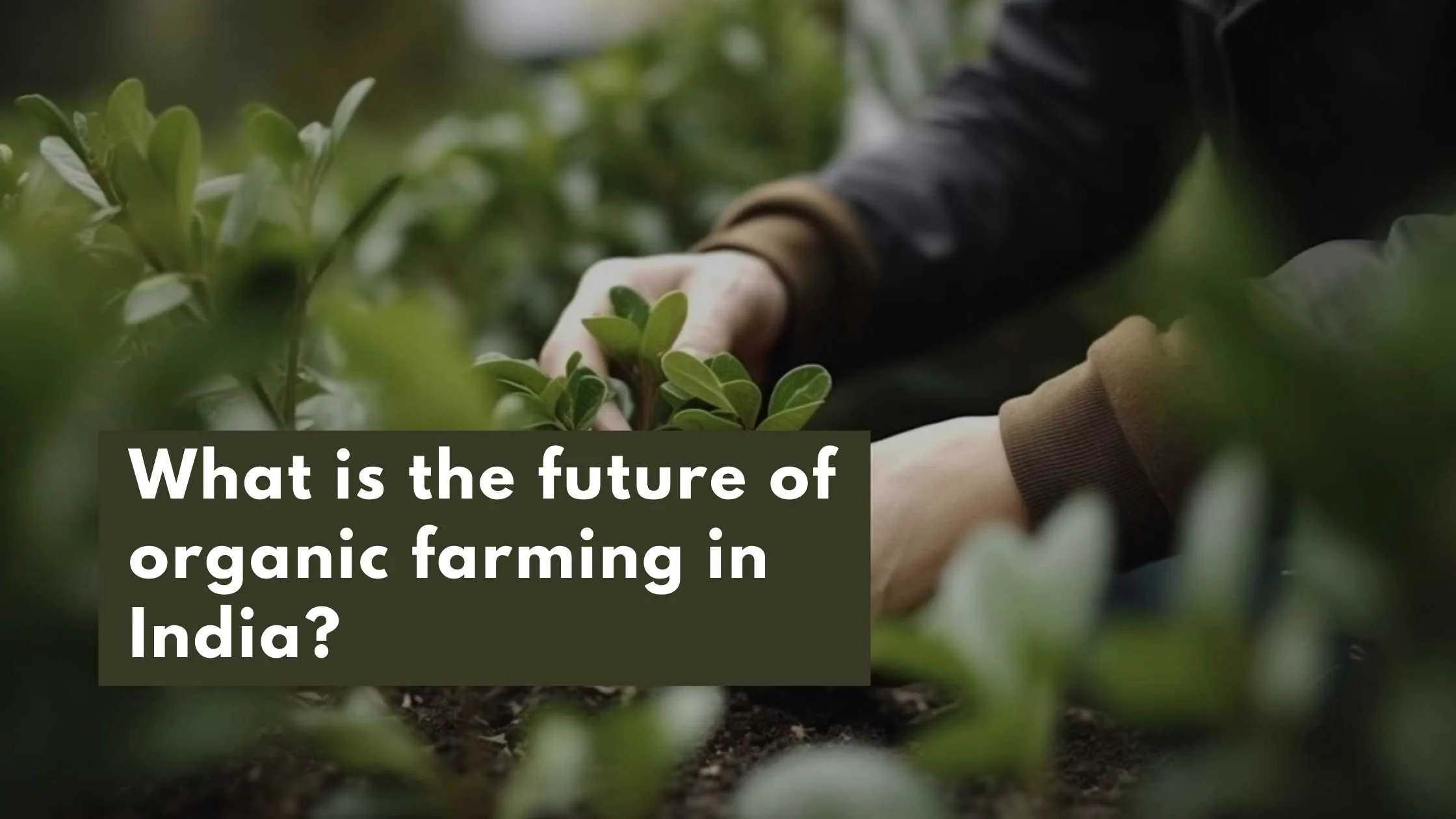
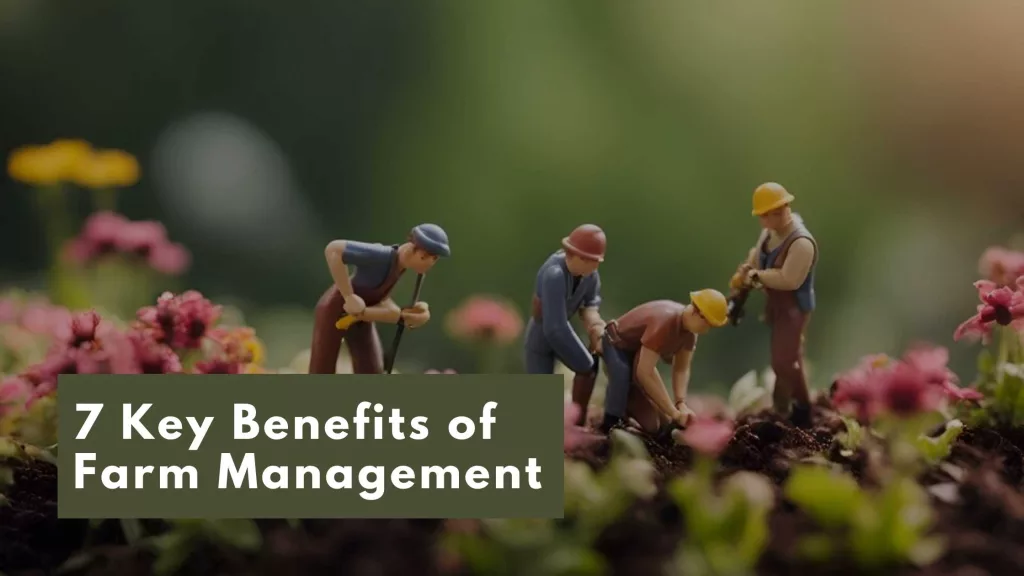
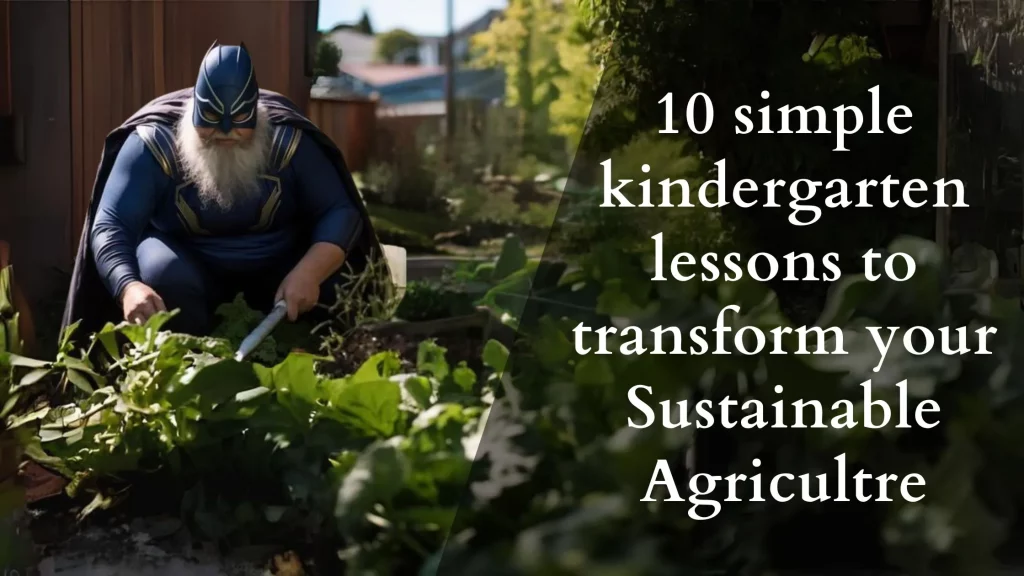
For the reason that the admin of this site is working, no uncertainty very quickly it will be renowned, due to its quality contents.
Thank you for your encouraging words! I’m delighted to know that you appreciate the effort I put into the site. I strive to consistently provide quality content, and it’s wonderful to receive such positive feedback. If there’s anything specific you’d like to see or any topics you’re interested in, feel free to let me know. I look forward to continuing to deliver valuable and noteworthy content.
Fantastic vibes! Your blog about the future of organic farming in India is like planting seeds of optimism. The potential for sustainable practices is huge.
Thanks a bunch for the fantastic vibes! The potential for sustainable practices is indeed enormous. Here’s to nurturing those seeds and watching them grow into a green and flourishing future!
Thanks for the green inspiration! Let’s nurture the green revolution!
You’re very welcome! I’m delighted to provide some green inspiration. Let’s absolutely nurture the green revolution together! Exciting times ahead as we sow the seeds of positive change in the agri-world. Stay tuned for more green goodness!
The organic shift is so promising. Can’t wait to witness the transformation!
Absolutely! Your excitement for the promising organic shift is contagious. Get ready to witness the transformation – it’s going to be a green revolution in the making! Stay tuned for more updates on this exciting journey.
Absolutely fascinating! The insights into sustainable practices are golden.
Thanks a million for the fascinating feedback! Let’s keep diving into the green treasure trove of sustainable agri-wisdom together!
The promise of sustainable practices is the key to a brighter agri-future. Let’s keep the green momentum going!
Absolutely! Exciting times ahead!
Brilliant insights! The harmony between sustainable practices and agriculture is music to my ears. Cheers to a flourishing organic future!
I’m amazed you found the insights brilliant and the harmony between sustainability and agriculture like music. Thanks a ton for the musical metaphor!
Thanks I’ve been seeking for information on this topic for a long time and yours is the greatest I’ve found. However, what about the bottom line? Are you sure about the supply?
I’ve highlighted the growing demand for chemical-free production, its environmental benefits, and the support from farmers, communities, and even the government. Despite initial challenges, technology and innovation are paving the way for a sustainable and prosperous future for organic agriculture in India.
Regarding the supply, I strive to provide accurate and well-researched content. If you have specific concerns or further questions, please feel free to elaborate, and I’ll do my best to address them.
The commitment to eco-friendly methods is truly inspiring. Excited for the organic revolution!
Thanks a million for the inspiring words! Thrilled to have you on board for the organic revolution. With a shared commitment to eco-friendly methods, we’re set to make waves in the green sea of change. Exciting times ahead!
Fantastic breakdown! The insights into eco-friendly methods are spot-on.
Thanks a bunch for the fantastic feedback!
The shift towards sustainability is promising. Can’t wait to see these green dreams bloom!
Absolutely! Your excitement for the shift towards sustainability is contagious. Let’s nurture those green dreams and watch them bloom together! Exciting times ahead for a greener, more sustainable future. Stay tuned for more green goodness!
Awesome read! Your post on the future of organic farming in India is like a green roadmap. Love the insights into sustainable practices. Exciting times for Indian agriculture!
Thanks a bunch for the awesome vibes! Thrilled you enjoyed the green roadmap to the future of organic farming in India. Exciting times indeed as we pave the way for sustainable practices in Indian agriculture. Stay tuned for more green updates!
Your blog paints an optimistic vision for the future of organic farming in India. It’s a green revolution in the making! The sustainable practices highlighted are both inspiring and promising. As awareness grows, so does the potential for positive change.
Thanks a bunch for the uplifting words! So glad you resonated with the optimistic vision for organic farming in India. Absolutely, the green revolution is a collective effort, and your enthusiasm adds to the positive energy. Let’s keep spreading awareness and nurturing this green change together!
Your blog on the future of organic farming in India is like a green roadmap! It brilliantly navigates the landscape of sustainable practices, painting an exciting picture of Indian agriculture. The shift towards organic, eco-friendly methods is refreshing and promising. Can’t wait to see these green dreams blossom!
Thanks a bunch for the kind words! Thrilled to hear you enjoyed the journey through India’s organic farming future. Exciting times ahead as we pave the green roadmap together! Stay tuned for more insights and updates on sustainable agri-practices. Your support means the world!
Your blog provides a refreshing insight into sustainable practices that can transform the agricultural landscape. It’s inspiring to see the shift towards eco-friendly methods gaining momentum. With increasing awareness and a growing community of enthusiasts, I believe India’s organic farming future is set to blossom.
Thanks a bunch for your uplifting words! It’s heartening to connect with fellow enthusiasts who share the excitement for India’s organic farming journey. Together, we’re sowing the seeds for a greener tomorrow. Your support means the world – let’s keep nurturing this community and watching our organic dreams blossom!
This blog on the future of organic farming in India is like a green roadmap! It brilliantly navigates the landscape of sustainable practices, painting an exciting picture of Indian agriculture. The shift towards organic, eco-friendly methods is refreshing and promising.
Thanks a bunch for the kind words! Thrilled to hear you enjoyed the journey through India’s organic farming future. Exciting times ahead as we pave the green roadmap together! Stay tuned for more insights and updates on sustainable agri-practices. Your support means the world!
The insights into sustainable practices are spot on.
Sustainability is the name of the game in the future of Indian farming. Glad you resonate with the insights. Let’s keep cheering for this green revolution!
This blog on the future of organic farming in India is a total eye-opener! The insights into the evolving landscape, emphasizing sustainability, are downright inspiring. The shift toward eco-friendly practices is like a breath of fresh air for Indian agriculture. Can’t wait to see more fields embrace this positive change and nurture a healthier, chemical-free farming landscape.
Absolutely thrilled you found the blog inspiring! Your excitement about the shift towards sustainability in Indian agriculture resonates perfectly. It’s like a breath of fresh air for all of us too! Here’s to more fields joining the green movement, fostering a healthier, chemical-free farming landscape together.
This blog on the future of organic farming in India is a breath of fresh air! It beautifully captures the unfolding green narrative, highlighting the shift towards sustainable practices. The prospect of a healthier, chemical-free agricultural landscape is exhilarating. Kudos for spotlighting this eco-friendly revolution shaping India’s farming future. Can’t wait to see more fields blooming with organic goodness!
Absolutely loving your vibe! The future of organic farming in India does look like a green revolution in the making. Let’s ride this organic wave together!
It brilliantly maps out the shift towards sustainability and the exciting eco-friendly practices emerging. Super pumped about the green revolution in Indian agriculture! Kudos for spotlighting this green journey!
Totally agree! Exciting times ahead for Indian agriculture. Your enthusiasm echoes my sentiments. Let’s ride the wave of this green revolution together!
The future of organic farming in India looks incredibly promising! This blog paints a vivid picture of the evolving landscape, emphasizing sustainability and health. Exciting to witness the agricultural transformation toward eco-friendly practices. Kudos for shedding light on the bright and green future of organic farming in India! #OrganicFarmingIndia #GreenFuture
Absolutely! Your excitement mirrors mine! Thrilled you see the promise in India’s organic farming journey. Let’s witness this green revolution together. Thanks for the positive vibes!
The future of organic farming in India is like a green revolution in the making! With a growing demand for sustainable and chemical-free produce, organic farming holds immense promise. This blog brilliantly explores the evolving landscape, from innovative techniques to the economic impact. The shift towards healthier, eco-friendly practices is inspiring, and I’m eager to see how India’s agricultural future blossoms with a more organic touch.
Thank you so much for your insightful comment! Your enthusiasm for the future of organic farming in India is truly heartening. I’m dedicated to shedding light on the promising journey ahead, from innovative techniques to the positive impact on both health and the environment. Your support fuels my commitment to fostering a sustainable and thriving agricultural future. Here’s to a greener, healthier India!
With increasing awareness about health and sustainability, more people are choosing organic.
I’m thrilled to dive into the future of organic farming in India! It’s about time we shed light on sustainable agricultural practices. The potential is immense – imagine a landscape where fields flourish with organic produce, free from harmful chemicals. Not only does this pave the way for a healthier and more nutritious diet, but it also promotes a sustainable environment.
I believe the future holds a green revolution, not just in terms of crops but in our mindset as well. The growing awareness about the impact of conventional farming on health and the environment is steering us towards a more conscious and eco-friendly approach.
As consumers, we play a pivotal role in shaping this future. Choosing organic isn’t just a dietary preference; it’s a commitment to supporting local farmers, preserving biodiversity, and contributing to a cleaner ecosystem. It’s heartening to envision a future where each harvest not only nourishes our bodies but also sustains the land for generations to come.
Absolutely! Your excitement about the future of organic farming in India is contagious! It’s fantastic to connect with fellow advocates for a greener, healthier agricultural landscape. Agree on the power of consumer choices—every organic preference is a step toward a sustainable future. Let’s keep spreading the word and influencing positive change in our food habits. Cheers to a future where organic is not just an option but a way of life!
The future of organic farming in India looks incredibly promising! With a growing awareness of sustainable living and the importance of chemical-free produce, organic farming is gaining momentum. From healthier soil to pesticide-free crops, it’s not just a trend but a necessary shift towards a more eco-friendly and nutritious future. Excited to see how organic practices will continue to flourish, bringing us closer to a greener and healthier tomorrow. Cheers to a farm-to-table revolution!
Such an eye-opener! Just dove into the future of organic farming in India, and it’s exciting to see the possibilities. The blend of tradition and innovation is refreshing. Kudos to the author for shedding light on this important topic.
It’s indeed a fascinating blend of tradition and innovation.
Fascinating read on the future of organic farming in India! This post delves into the trends, challenges, and potential growth of sustainable agriculture. As we navigate the future, it’s inspiring to see how organic farming is becoming a cornerstone for a healthier and greener India.
Your insightful exploration of the future of organic farming in India is a breath of fresh air! Your comprehensive analysis and positive outlook on sustainable practices paint a vivid picture of the potential transformation awaiting the agricultural landscape. Thank you for shedding light on the promising path ahead, where organic farming not only nurtures the soil but also paves the way for a healthier and more sustainable future. Truly inspiring and thought-provoking!
Organic farming in India is a topic close to my heart. Your post is shedding light on what lies ahead, and I’m here for it!
I’m delighted to hear that organic farming in India holds a special place in your heart! It’s wonderful to know that the post resonated with you and provided insights into what lies ahead. Your enthusiasm for the future of organic farming is truly heartening, and I’m thrilled to have you on this journey. Here’s to a bright and sustainable future for Indian agriculture!
The future of organic farming in India? Count me in! Your post has piqued my curiosity, and I’m eager to see how it unfolds.
I’m thrilled to hear that you’re on board for exploring the future of organic farming in India! It’s an exciting journey, and I’m so glad my post has piqued your curiosity. The unfolding story of sustainable agriculture in India holds a lot of promise, and I hope you find it as fascinating as I do. Thanks for sharing your eagerness, and here’s to a greener and more sustainable future in Indian agriculture!
Fascinating read! The future of organic farming in India holds so much promise. It’s inspiring to see a shift towards sustainable and eco-friendly practices. Can’t wait to witness the positive impact on both agriculture and the environment. Here’s to a greener and healthier tomorrow!
Absolutely agree! The potential for a sustainable agricultural future in India is thrilling. The benefits to the environment, farmers, and consumers are enormous. Let’s hope for widespread adoption and a transformation towards more organic practices. Exciting times ahead for the farming community and our planet!
Such an insightful post! The future of organic farming in India looks promising. It’s heartening to see a shift towards sustainable practices. Exciting times ahead for agriculture, with a focus on health and the environment. Let’s hope for widespread adoption and a greener, healthier future!
Absolutely! It’s refreshing to see the growing interest in sustainable farming. The potential benefits for both farmers and consumers are immense. Here’s to a future where organic practices become the norm, fostering a healthier environment and a thriving agricultural landscape. Exciting times indeed!
Organic farming is the way forward! Intrigued to know how it’ll evolve in the Indian context.
Couldn’t agree more! The evolution of organic farming in the Indian context is indeed an intriguing journey. Here’s to discovering the innovative practices that will pave the way for a more sustainable and eco-friendly future!
Excited to learn about the future of organic farming in India! Hope it involves more sustainable practices and a greener, healthier tomorrow.
Absolutely! Your excitement mirrors the optimism many of us share for the future of organic farming in India. Here’s to a future filled with sustainable practices, greener landscapes, and a healthier tomorrow for all!
As someone who cares about the environment, I really appreciated your insights into sustainable farming for the future. Great post!
I’m excited to see the innovations and advancements in farming for the future. Your post highlighted some really promising ideas!
Your post was a breath of fresh air in the conversation about agriculture. Farming for the future is something we all need to think about. Thanks for bringing attention to it!
Wow, I never realized just how important it is to rethink farming practices for the future. Thanks for shedding light on this important topic!
This post on farming for the future was so inspiring! It’s great to see efforts being made toward sustainable agriculture.
This post on “Farming for the Future” really got me thinking about the importance of sustainable agriculture. It’s inspiring to see how innovative practices can help shape a more resilient and environmentally friendly farming industry. Thanks for sharing these valuable insights and highlighting the path forward for agriculture!
I’m so glad to hear that you found the post inspiring! Sustainable agriculture is indeed crucial for ensuring the long-term health of our planet and food systems. It’s heartening to see more people recognizing the importance of farming practices that prioritize sustainability. If you have any questions or want to explore this topic further, feel free to reach out. Let’s keep championing sustainable farming practices together!
This sounds like a thought-provoking read! As someone passionate about sustainable agriculture, I’m really curious about the future of organic farming in India. Can’t wait to dive into this topic and learn more about the potential directions it could take. Thanks for bringing attention to this important issue!
Absolutely! The future of organic farming in India is such an important topic, and I’m glad you’re interested in exploring it. There’s so much potential for growth and innovation in this area, and I’m excited to see how it unfolds. I hope the post offers some valuable insights and sparks further discussion on this crucial aspect of agriculture. Looking forward to hearing your thoughts after reading it!
It’s inspiring to explore the potential and advancements in organic farming. Excited to see its bright future unfold in India!
Such an intriguing post! It’s exciting to ponder the possibilities and potential growth of organic farming in our country. Looking forward to seeing it flourish!